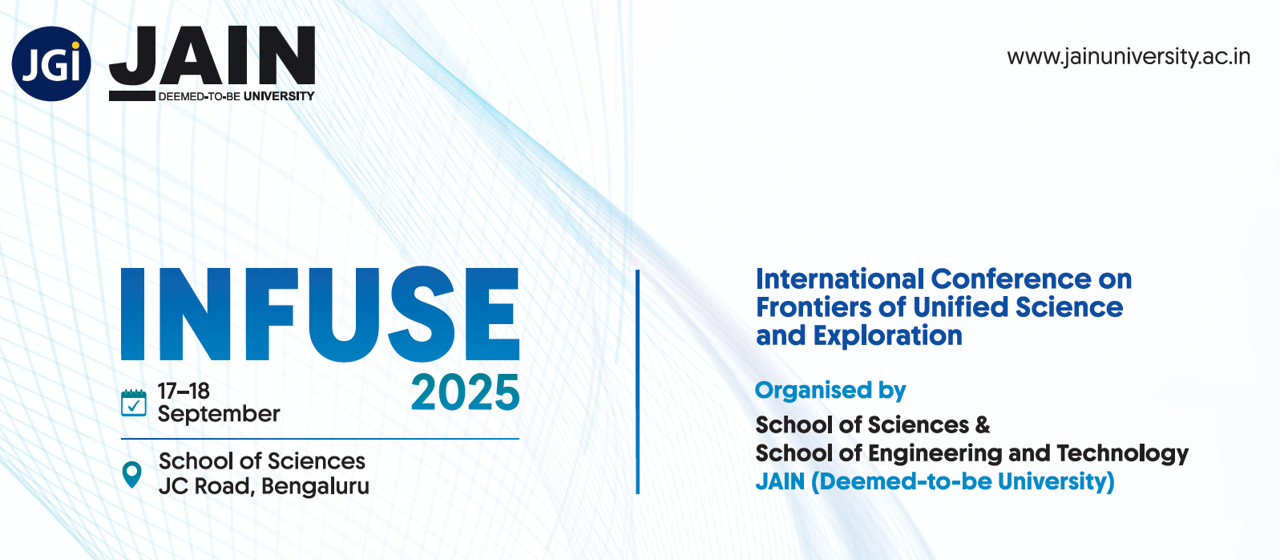Speaker
Description
Smart biosensors are rapidly advancing as powerful tools at the interface of healthcare and environmental science. Built on progress in nanomaterials, microfluidics, artificial intelligence, and the Internet of Things (IoT), these devices convert faint biological or chemical signals into actionable, real-time data. In healthcare, they are reshaping monitoring practices by moving beyond episodic testing toward continuous and personalized assessment. For example, continuous glucose monitoring systems such as the Dexcom G6, electrocardiogram-based wearables like the Apple Watch, and experimental microneedle patches for lactate and cortisol sensing illustrate how biosensors are already improving patient self-management and clinical decision-making.
The same principles extend to environmental applications. Biosensors are being designed to detect pesticide residues in crops, heavy metals such as lead in drinking water, and microplastics in marine ecosystems, emerging as early-warning platforms for safeguarding ecosystems and communities. Wastewater biosensing during the COVID-19 pandemic, for instance, proved indispensable in tracking local infection dynamics before clinical testing revealed outbreaks.
Recent developments, including graphene- and MXene-based transducers, self-powered platforms that harvest energy from motion or body heat, and wireless connectivity through smartphones, are expanding accessibility and use. However, challenges such as ensuring reproducibility, achieving large-scale manufacturing, maintaining biocompatibility, and securing sensor-derived data must be addressed before these technologies become routine in clinics or environmental agencies.
This review synthesizes current advances in smart biosensors across medical and environmental fields, outlines key challenges, and explores emerging opportunities. It suggests that biosensor networks could evolve into integrated systems that simultaneously advance precision medicine and environmental stewardship, acting as guardians of both people and the planet.
Keywords: Smart biosensors, nanomaterials, artificial intelligence, Internet of Things, personalized healthcare, environmental monitoring.

